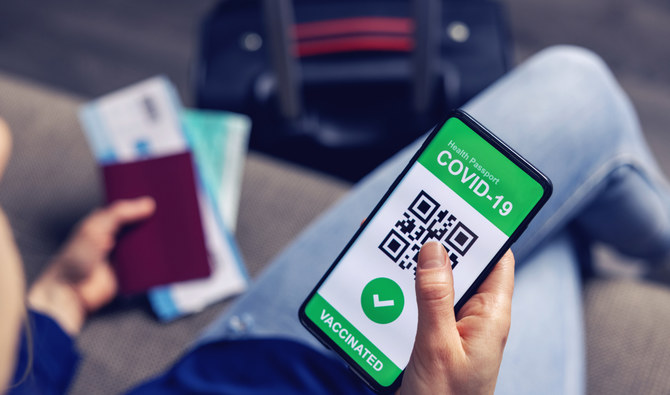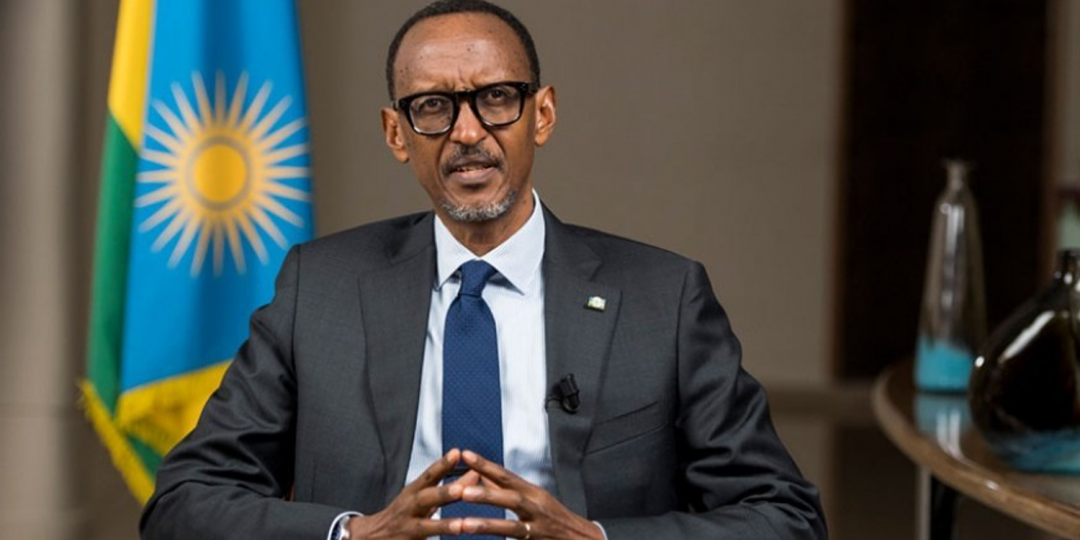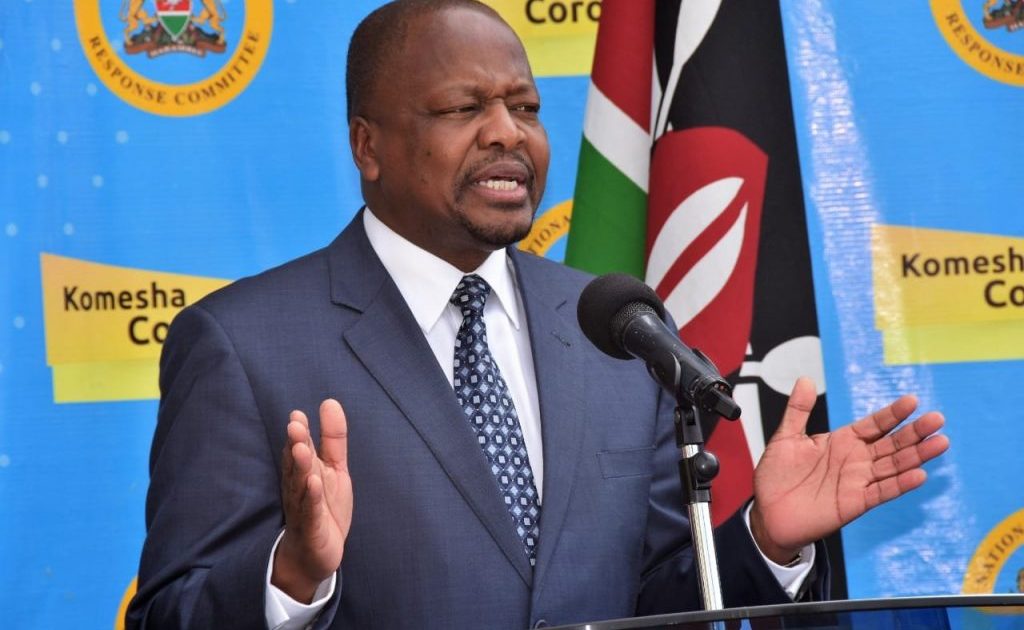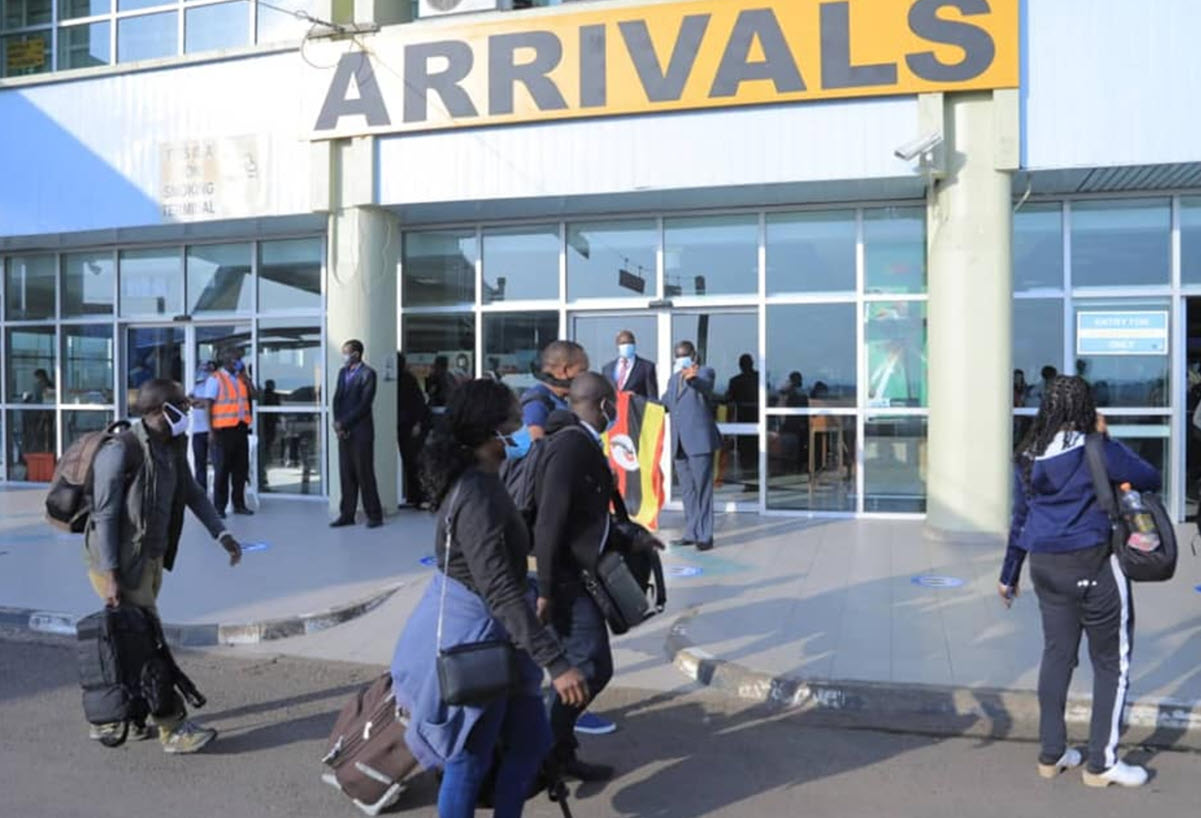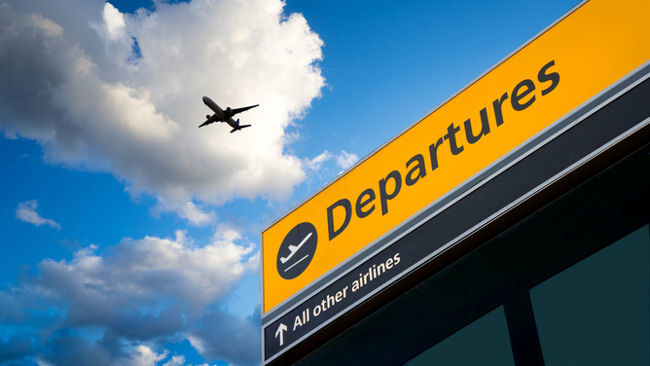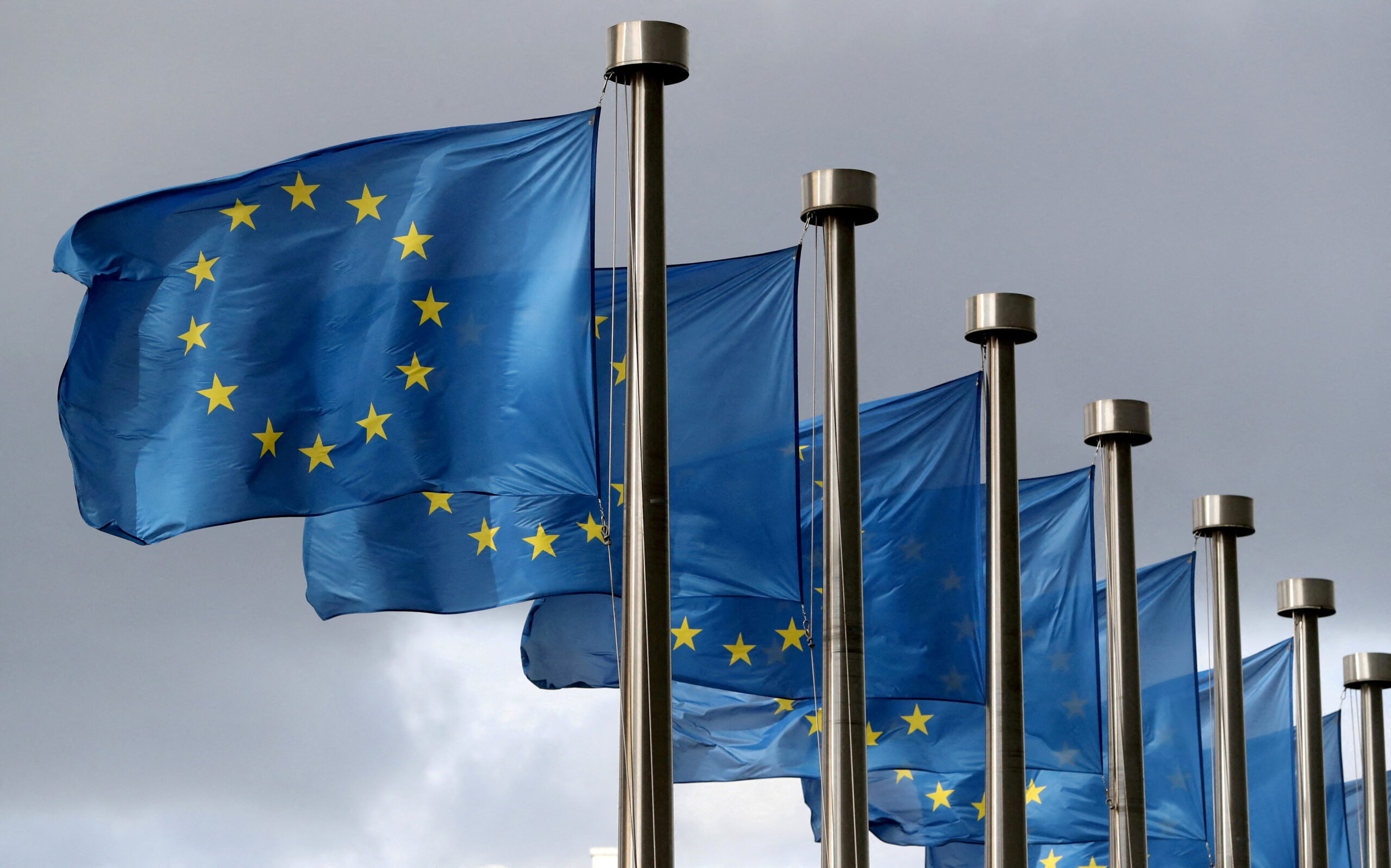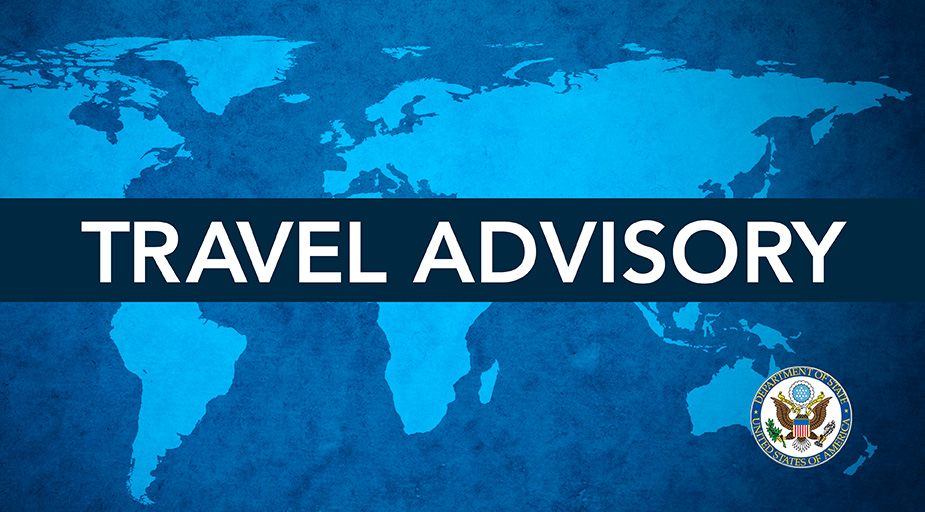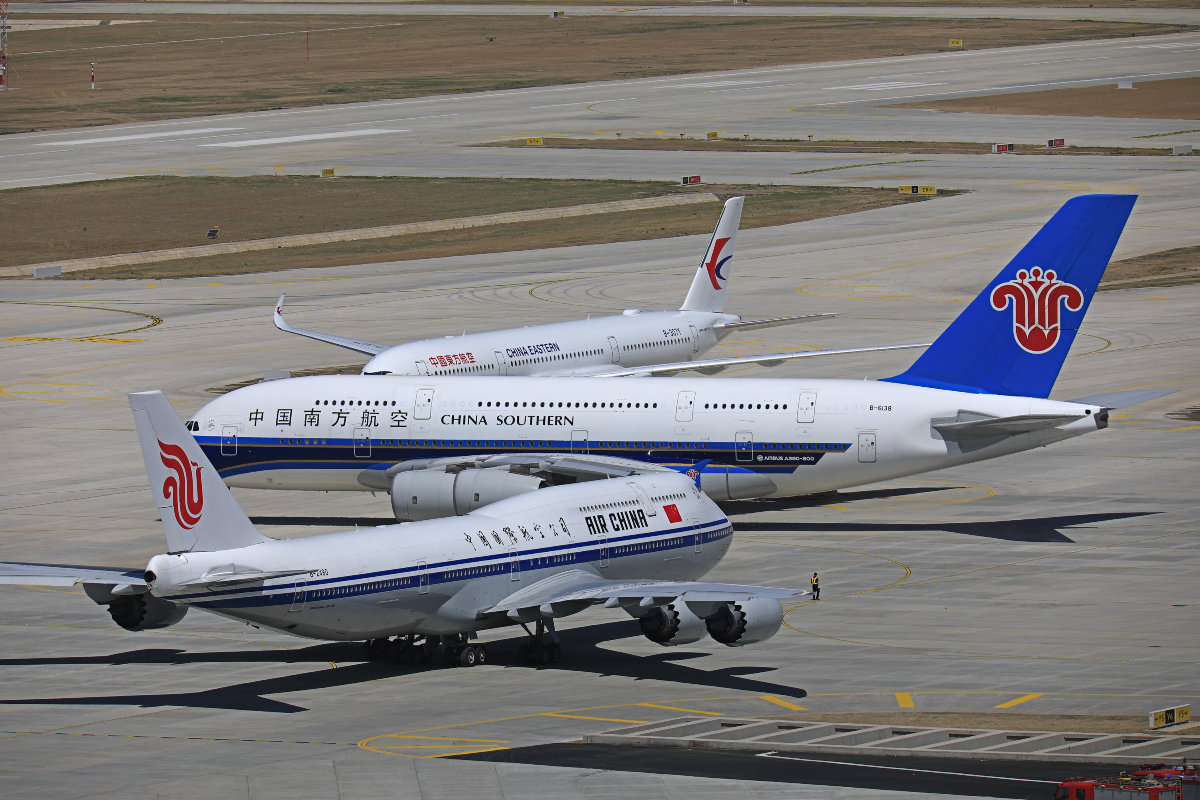Private medical laboratories and travel agents in Pakistan are pocketing tens of thousands of dollars a day from fake polymerase chain reaction pre-flight test reports for international travelers, an investigation by Arab News shows, as authorities admit they are aware of the practice.
About 20,000 passengers fly out of Pakistani airports every day, with many required to undergo pre-flight testing before departure.
With the help of a whistleblower travel agent, Arab News recorded the process of obtaining a fake PCR report.
“All over Pakistan, wherever you go to any travel agent to get a ticket, they will offer you to manage a PCR too,” the whistleblower, who did not want to be named due to risks to his business, said. “They have contacts with labs and owners of medical labs have connections with airlines. They are all a mafia.”
The whistleblower booked a ticket for an Arab News team member to travel to a Middle Eastern country, took a scanned copy of the passport and a photo of the traveler holding a swab stick. But then, after the photo was taken, he took his own sample, not the traveler’s.
He then sent copies of the ticket, passport and the photo to a medical lab through WhatsApp to obtain the report.
“Medical labs give us a swab stick that we use to take a photo (of the traveler) to send to the lab,” he said.
While labs take hours to process samples for PCR screening, the agent received a negative COVID-19 test result within 14 minutes, together with a fit-to-travel certificate and an original QR code with a photo of the Arab News team member.
“At airports, they just check the barcode,” he said. “They scan the barcode and allow you to travel if it is negative.”
Obtaining pre-flight COVID-19 reports from travel agents saves passengers not only the time they would spend queuing for testing and waiting for the sample to be processed, but also the worry that they may be unfit for the journey.
“If a passenger tries to get a report directly from a lab, there are chances that he may turn out COVID-19 positive,” the whistleblower agent said. “Passengers request us to manage a negative report.”
While medical labs charge up to Rs5,500 (about $31) per PCR test, travel agents cooperating with labs get about 20 percent of the fee.
“We prefer to fake a test by ourselves, and this way we take our share,” he said. “If a hundred people are traveling, only one or two of them will have an authentic report.”
At this estimated rate and with an average of 100 passengers per flight, the whole business could be worth tens, if not hundreds, of thousands of dollars a day, insiders in the business say.
Authorities admit they are aware of the PCR black market.
Planning Minister Asad Umar, who oversees Pakistan’s pandemic response, told Arab News action was taken whenever such practices were reported, but the issue was not for the Pakistani authorities to handle.
“That (PCR tests) is not the requirement of the government of Pakistan, that is the requirement of the countries they (travelers) are traveling to,” he said. “So, the government of Pakistan has really nothing to do with it.”
Health professionals disagree.
The Pakistan Medical Association said the government should look into it as a “serious issue.”
“If a COVID-positive person travels, he can cause a rapid transmission in the plane and host countries’ communities,” the association’s secretary general, Dr. Qaiser Sajjad, said. “This can bring international disrepute.”
Source: Arab News

